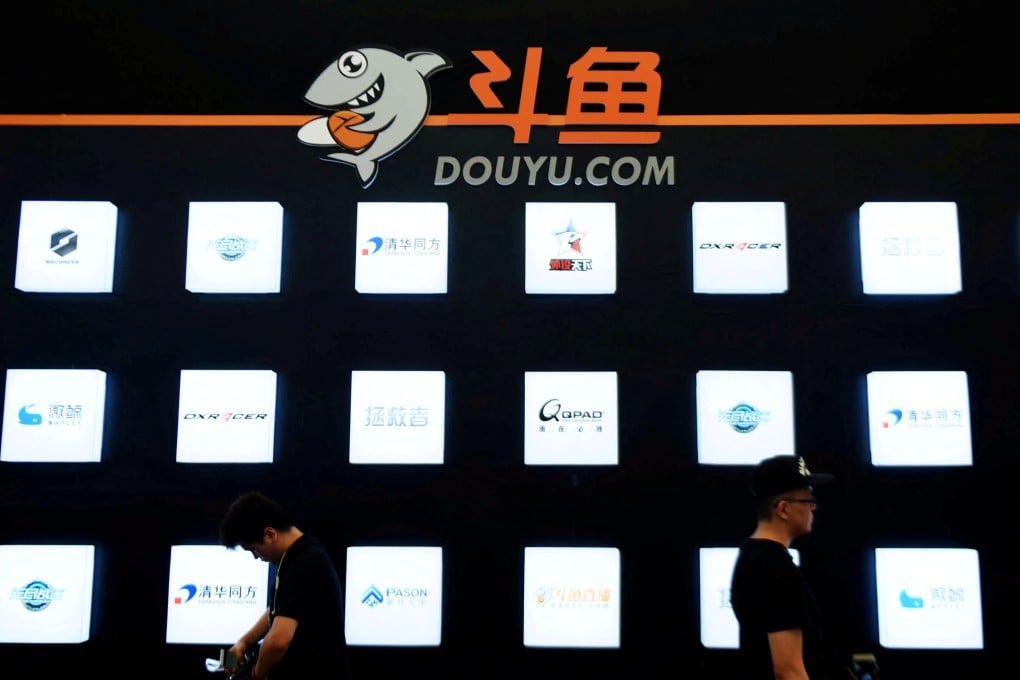Tencent plans to take US-listed video game streaming firm Douyu private after failing to merge it with Huya in 2021
- Tencent, with a 37 per cent stake in Douyu, wants to team up with at least one private equity firm in the take-private plan, according to sources
- There have been disagreements among executives over whether to continue pursuing video game streaming or focus on other types of content

Tencent, the biggest shareholder in Nasdaq-listed Douyu with a 37 per cent stake, wants to team up with at least one private equity firm for the deal and is currently talking to investment banks, they said.
It is aiming to complete the deal this year, said one of the people.
Shares in Douyu, one of Tencent’s main platforms for game marketing and China’s No 2 video game streaming site, surged as much as 17.6 per cent on the news, closing 14 per cent higher on Thursday.
There have been differences among Douyu executives over whether to stick with game live streaming as its core business or shift towards more profitable entertainment live streaming, said the other person.
That tension has not abated even after Douyu co-founder and co-CEO Zhang Wenming, who had favoured diversifying revenue streams, resigned last month, the person added. Douyu has said Zhang’s departure was due to personal reasons. Co-founder Chen Shaojie now runs the company.
The take-private plans reflect Tencent’s desire to have a firm grip on its core gaming affiliates at a time when it faces a raft of regulatory issues, said the people, who were not authorised to speak on the matter and declined to be identified.